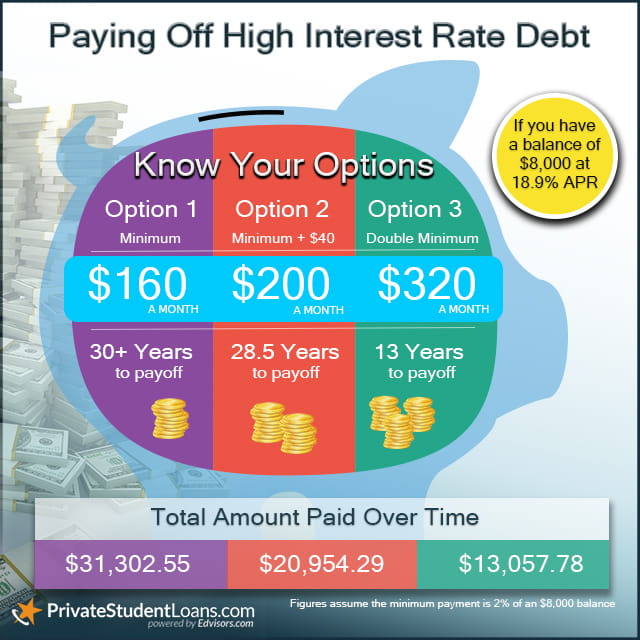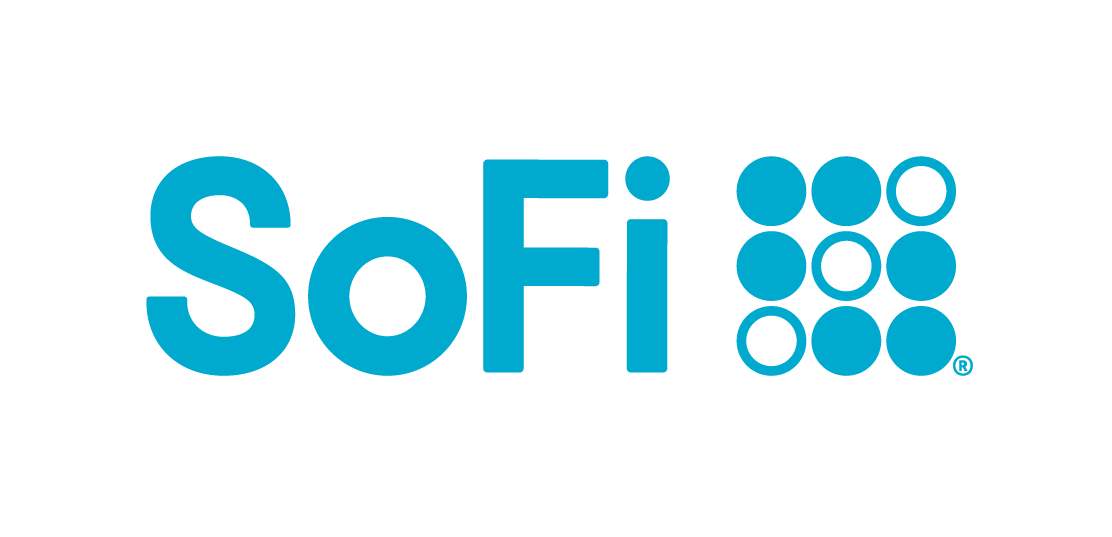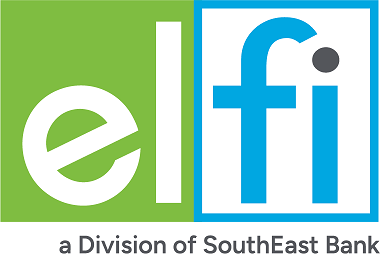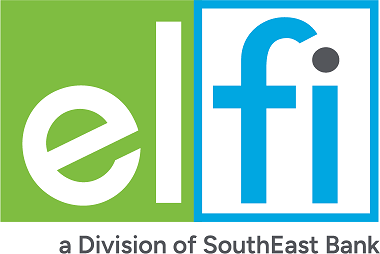The content and opinions provided on this site have not been provided or commissioned by any issuer of the financial products and/or services appearing on this site. The content and opinions have not been reviewed, approved or otherwise endorsed by an issuer. Offers may be subject to change without notice. For more information, please read our full disclaimer.
Deciding which debt to tackle first isn’t a one-size-fits-all answer—it really depends on your situation. Think about your budget now and your financial goals for the future. Should you focus on student loans or credit card debt? This guide will break down the pros and cons of each, helping you create a repayment plan that works best for you.
Student Loan Debt
Affordable Interest Rates
Compared to credit cards, student loans carry a much lower interest rate on average. This means if your loan balance is roughly the same as your credit card balance, you’ll pay less total interest over the life of your student loan than you would on your credit card. Making the minimum payment on your student loan while paying that high-interest credit card off quicker can save you money in the long run.
Interest Paid is Tax-Deductible
Student loan debt is something the government sees as an investment in your future. If you meet the qualifications, you may be rewarded with a tax deduction for interest paid (up to $2,500) on your student loan throughout the year.
Student Loans are not Dischargeable in Bankruptcy
Some Student Loans Qualify for Forgiveness
Employers May Offer Student Loan Repayment Assistance
Credit Card Debt
A Good Way to Build and Boost Your Credit
Late Fees
High Interest Rates
Credit cards tend to have higher interest rates than student loans. According to creditcards.com, the national average interest rate for credit cards is 16.06% (as of 7/25/2017). Interest rates for federal and private student loans tend to be significantly lower.
TIP: If you were thinking of using a credit card to pay for tuition or other school related expenses, check out our article Should I Pay My Tuition With a Credit Card. And remember that private student loans not only offer competitive interest rates, but the funds can be used for more than just tuition. Private student loans can help with housing, transportation, laptops, books, and more. So explore all of your options before you default to using your card.
Repayment Strategies
Set Your Credit Card Bills up on Autopay
To avoid late fees on your credit card balance, set up automatic payments for your account. Paying more monthly is optional if you have the funds, but automatic payments guarantee on-time bill settlements each month.
Sign-Up for Auto-Debit for Your Student Loans
Most lenders offer a discount for borrowers who enroll in automatic debit. Discounts generally range from 0.25% to 0.50%. On a balance of any amount, but particularly high student loan balances, these small discounts can add up to big savings.
Pay More Than the Minimum
If you pay only the minimum on any debt, it will take longer to pay off and you will pay more in interest over time. Adding as little as five or ten dollars per month to the minimum due can make a noticeable difference in what you pay in interest over the life of the debt. Not only will you get out of debt quicker, but you will save money doing it. According to Andrew Thrasher, CMT and Portfolio Manager with Financial Enhancement Group, LLC, "You want to make sure at least minimum payments are being met on all debt. If a payment gets missed then even more problems and headaches can occur."

Assess Your Debt and Prioritize Repayment
There are a few different ways to approach debt. You may choose to pay off your highest interest rate debt first, putting all your extra available funds toward that debt (while maintaining minimum payments on everything else). This will save you money on the interest you pay overall.
Another popular approach is to pay off your debts from smallest to largest. This can help you eliminate smaller debts altogether, giving you the psychological boost by conquering your debts and crossing them off your list. Once one debt is paid off, take the amount you were paying on that debt and add that to the payment for the next debt on your list. You might not save as much mathematically, but this theory can create a lot of momentum and keep you focused on your goal.
Another option for making debt more manageable is student loan consolidation or private student loan refinance.
Whatever strategy you choose, having a strategy is key to not becoming overwhelmed.





















